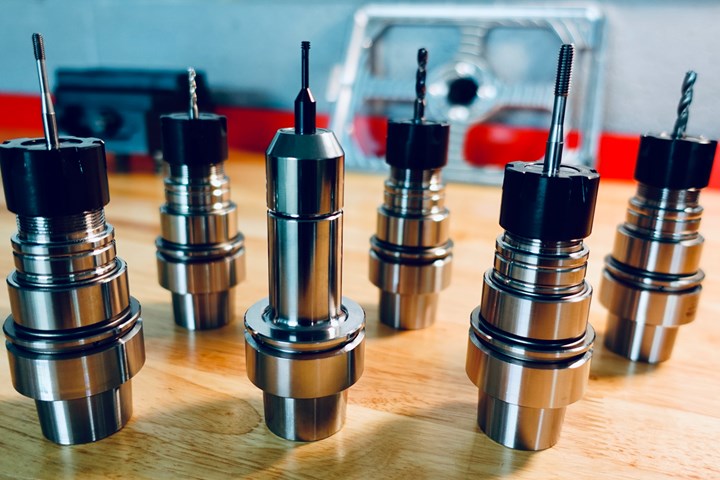As outlined in the article “How Lowering Torque Improves Tapping Tool Life” by MMS Online, the question often arises: “Why do taps break?” The answer often lies in excessive torque or rapid torque application. To optimize threading and extend tool life, it’s essential to minimize these torque spikes. Achieving this requires a comprehensive approach that takes into account various factors, including thread specifications, chip management, appropriate pre-drill sizes, holder types, and external conditions, among others.
Machining solutions, excels in addressing the challenges of tapping tool longevity. To begin, understanding the customer’s final thread requirements is paramount. Factors such as thread type, size, pitch, and whether the application involves blind or through-hole threading, or roll-forming versus cut tapping, all play a crucial role. Selecting the right tap type, whether spiral tipped or spiral flute, depends on these considerations. Importantly, choosing the appropriate tap type can significantly mitigate torque spikes, especially when dealing with chip evacuation.
The form type of threads also impacts the tapping process in multiple ways. Formed threads typically require larger pre-drills, a slightly higher coolant concentration, and considerations for materials prone to work hardening during tapping, such as some stainless steel grades.
For more comprehensive insights into Toolcraft Corp’s capabilities follow this link.
Photo and article with all rights reserved, courtesy of mmsonline.com





